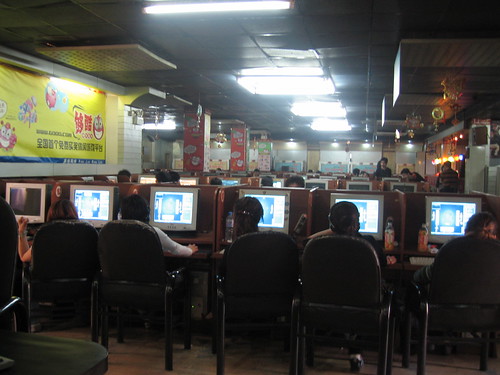Yesterday, we published a guest blog by Michael Hurwitz, Marketing Specialist at Chinese Pod on “How to Market to China’s Internet Shoppers.” Today that article continues below, as Mr. Hurwitz discusses some of the key strategies Western ecommerce merchants should become familiar with before marketing to China’s internet shoppers:
Search engine optimization (SEO) is a critical element of marketing strategy for any online business, and it’s certainly no different for websites targeting Chinese consumers. In terms of overall SEO approach, there isn’t much that’s particularly native to Chinese-language and PRC marketing.
However, due to the unique nature of Chinese’s character-based writing system, particular care must be taken when compiling and assigning metatags, page titles, links and other data important to SEO efforts.
Because one misplaced or mis-written character can bungle a whole phrase or title, you need to be sure that the person proofreading your online content is not only educated in proper, modern Mandarin and simplified Chinese characters, but also experienced in dealing with SEO, Baidu search habits (the Chinese Google, take a look!) and the way Chinese web surfers use search keywords. This is a special area of knowledge that may not come naturally to all native Chinese speakers, so it’s certainly something to be on the lookout for during the hiring process.
Social Media Prevails
The marketing value of social media is skyrocketing in the West, Facebook’s recent lukewarm IPO notwithstanding. In China, however, social media’s role in internet life and business is even more prominent. Sina’s incomprehensibly popular Weibo microblog (their user base is estimated at some 350 million, meaning that more than 1 in 4 Chinese use it), known as 新浪微博 (xīnlàng wēibó) in Chinese, is an invaluable marketing tool. Foreign companies like Starbucks are beginning to master the fine art of 微博 marketing, sending out coupon codes and announcements but also engaging users using the platform’s unique advantages, including threaded comment chains, which allow for a healthy (and often entertaining) back-and-forth between brand and consumer. Having a marketing staff that can master the tone and tactics of social media is a must for effective web marketing here in China.
Don’t Be Afraid to Get Your Hands Dirty
Finally, be sure you take the extra step of having a very hands-on, in-person interview for your candidate. Like it or not, CVs and references in China aren’t as reliable as you might be used to in the West, and fabricating degrees and qualifications, while hardly common practice, isn’t unheard of. Interviews should be designed to specifically and clearly test primary job functions in order to weed out unqualified candidates who may have looked good on paper.
Fastpivot guest blogger, Michael Hurwitz, is a China-based internet marketing specialist, specializing in copywriting, marketing strategy, market analysis, analytics, etc.. He is currently available for freelance assignments. Contact him at mjhurwitz -at- gmail.com

